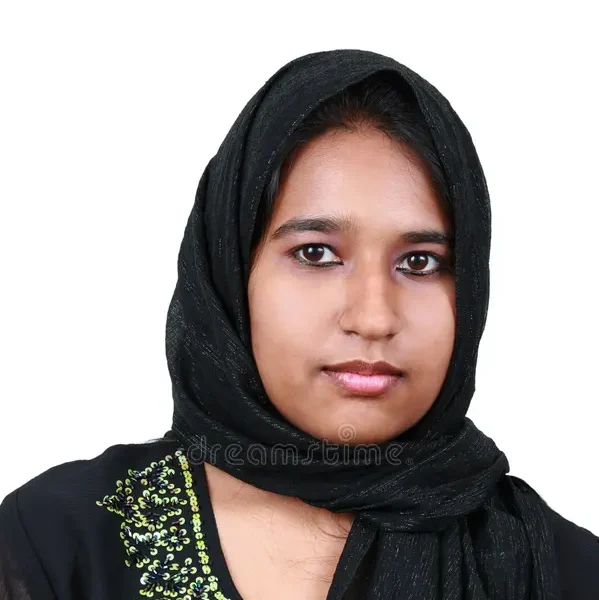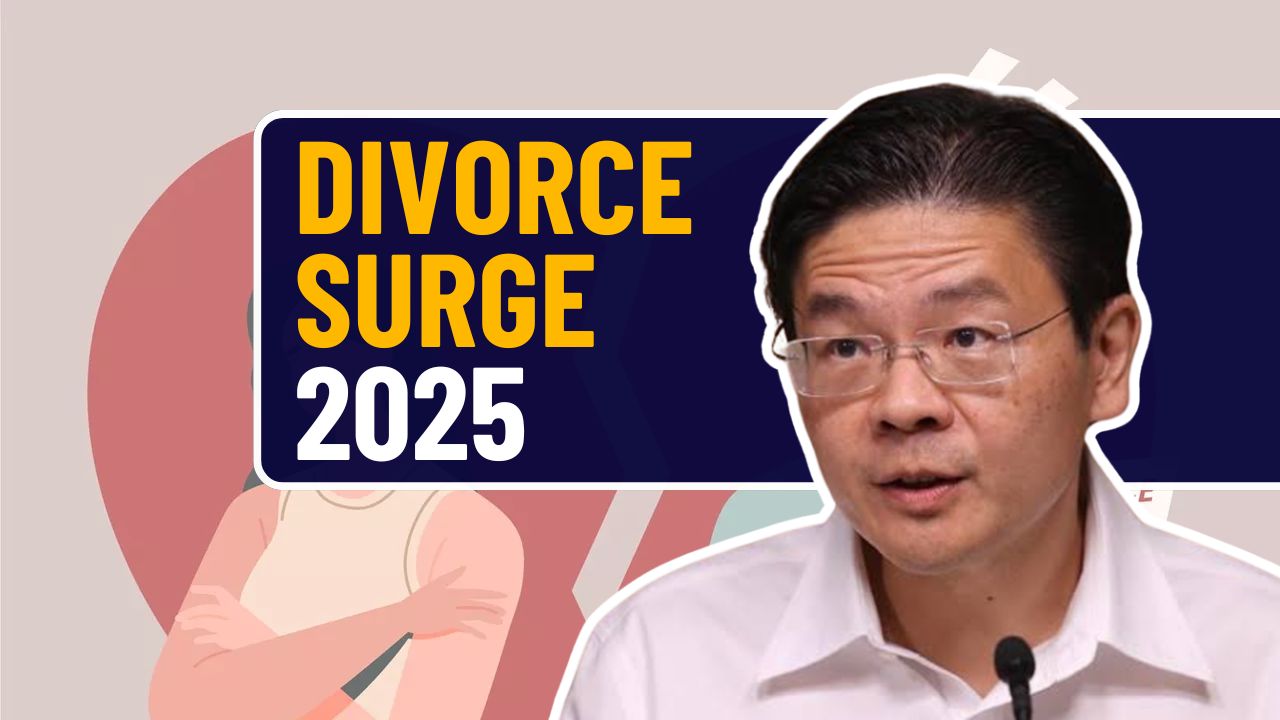In a significant move announced in 2025, the Ministry of Education (MOE) in Singapore has unveiled a new framework for the Primary School Leaving Examination (PSLE) scoring system, set to take effect from the same year. This reform marks another milestone in the country’s continued efforts to evolve its education model, focusing more on nurturing well-rounded learners than on high-stakes examinations. For parents of current Primary 4 and 5 students, this shift carries important implications for future school placements and academic planning.
Table of Contents
A Shift in How Academic Success Is Measured
The updated PSLE scoring structure retains the Achievement Level (AL) format introduced in recent years but refines it to address concerns related to minor score differences leading to disproportionate effects on secondary school postings. These refinements include wider score bands in several AL categories, allowing for clearer differentiation while reducing clustering at competitive score ranges.
Updated Scoring Bands – A More Balanced Distribution
A central aspect of the reform lies in the expanded AL ranges, specifically designed to address the “bottleneck effect” that previously led to too many students being grouped within tight score margins. The table below outlines the changes:
| Achievement Level (AL) | Previous Score Range | 2025 Revised Score Range |
|---|---|---|
| AL 1 | 90 – 100 | No Change |
| AL 2 | 85 – 89 | 86 – 89 |
| AL 3 | 80 – 84 | 81 – 85 |
| AL 4 | 75 – 79 | 76 – 80 |
| AL 5 | 65 – 74 | 66 – 75 |
| AL 6 | 45 – 64 | 51 – 65 |
These changes are designed to create a fairer and more even spread of scores, minimizing anxiety for students caught in marginal differences and improving the accuracy of secondary school placements.
Reducing Stress, Not Standards

The MOE clarified that the adjustments stem from extensive consultation with educators, psychologists, and parents. The goal is to ease the performance pressure often associated with PSLE while maintaining a rigorous academic framework. With an education system now leaning more toward skill acquisition and holistic development, the revised scoring structure helps reposition PSLE as a tool for evaluating learning progress rather than ranking students.
Recalibrating Parental Involvement in Academic Preparation
As the PSLE transitions into this revised framework, parental roles must evolve accordingly. Instead of focusing solely on numerical outcomes, parents are encouraged to guide children through well-rounded educational experiences. This includes building consistent study habits, emphasizing understanding over memorization, and working with teachers to identify areas of improvement. MOE has also introduced enhanced resource guides in 2025 to help families adapt to these changes confidently.
The Wider Impact on Student Learning Culture
With these new rules, students are expected to adopt a healthier outlook on education one that recognizes progress across a range of competencies rather than fixating on perfection. As secondary schools begin to further tailor their admission criteria, traits such as creativity, leadership, and analytical thinking will become increasingly valued alongside academic performance.
Shifts in Private Education and Tutoring Methods
In response to the restructured AL system, tuition centers across Singapore are rethinking their strategies. The previous obsession with achieving AL1 across all subjects is giving way to mastery-based approaches that emphasize depth of understanding. These changes signal a shift away from rote learning and toward concept mastery, aligning with the broader educational transformation.
Supporting Children Beyond Grades
The revamped PSLE scoring system is more than just a technical adjustment it is a philosophical pivot in how success is defined in Singapore’s education landscape. Parents play a pivotal role in embracing this change, not by abandoning academic ambition, but by supporting a more balanced and enriching learning experience for their children. The coming years will be crucial in understanding how these adjustments shape future academic journeys and personal growth.








